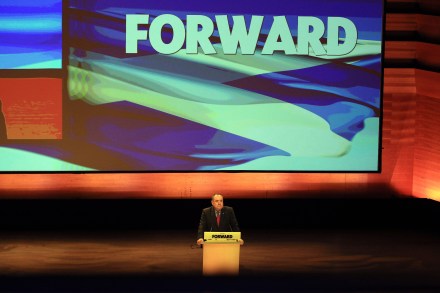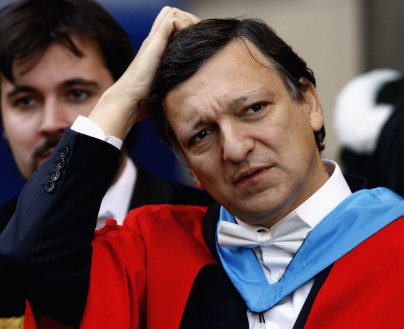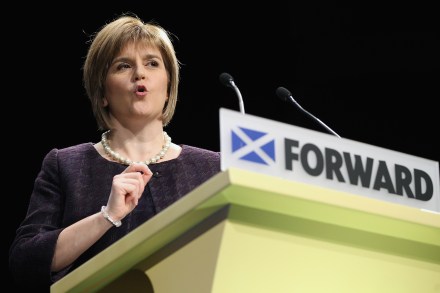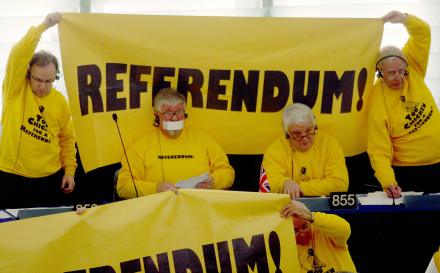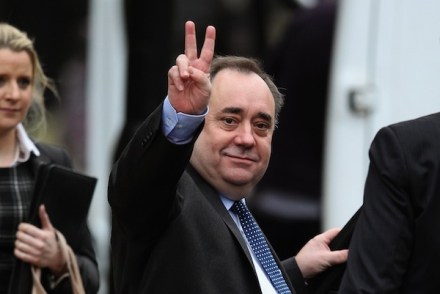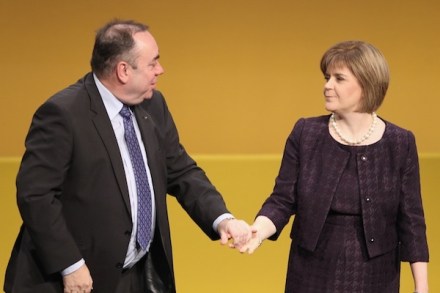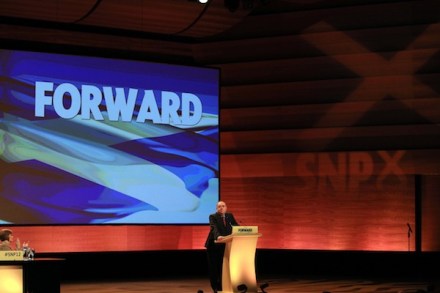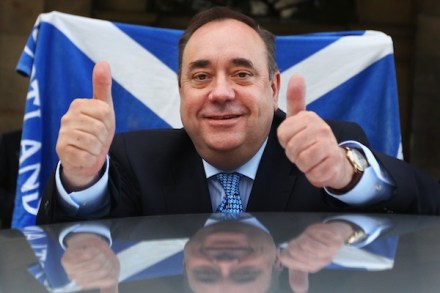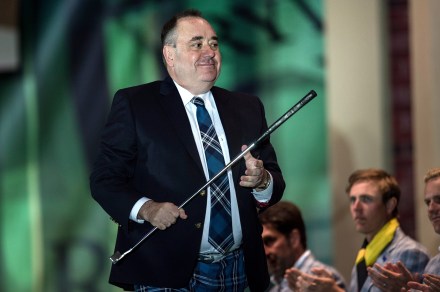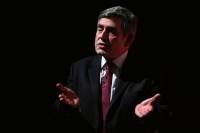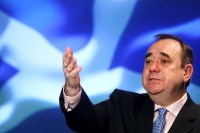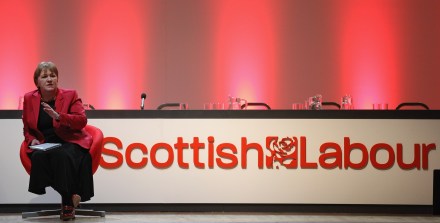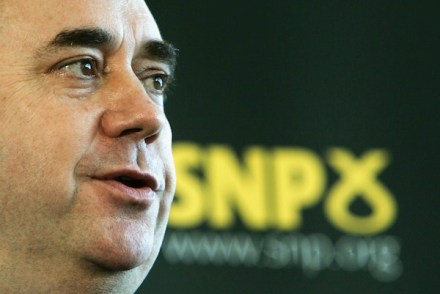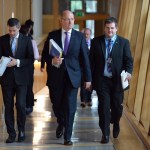2013: Can the SNP move beyond preaching to the already converted? – Spectator Blogs
Alex Salmond is back in Bute House, refreshed and chippered by a much-needed holiday. If 2012 was a year in which the Referendum Guns were first deployed it was still, in the end, something of a phoney war. At the risk of exhausting an easily-exhausted electorate, 2013 should see more action. This week’s column at Think Scotland argues that the SNP need to broaden their vision and approach the campaign with a greater sense of generosity than is sometimes seen. At present they depend too heavily – in my view – on the idea that independence is a way to Tory-proof Scotland. That’s a negative, not a positive, case. Moreover
